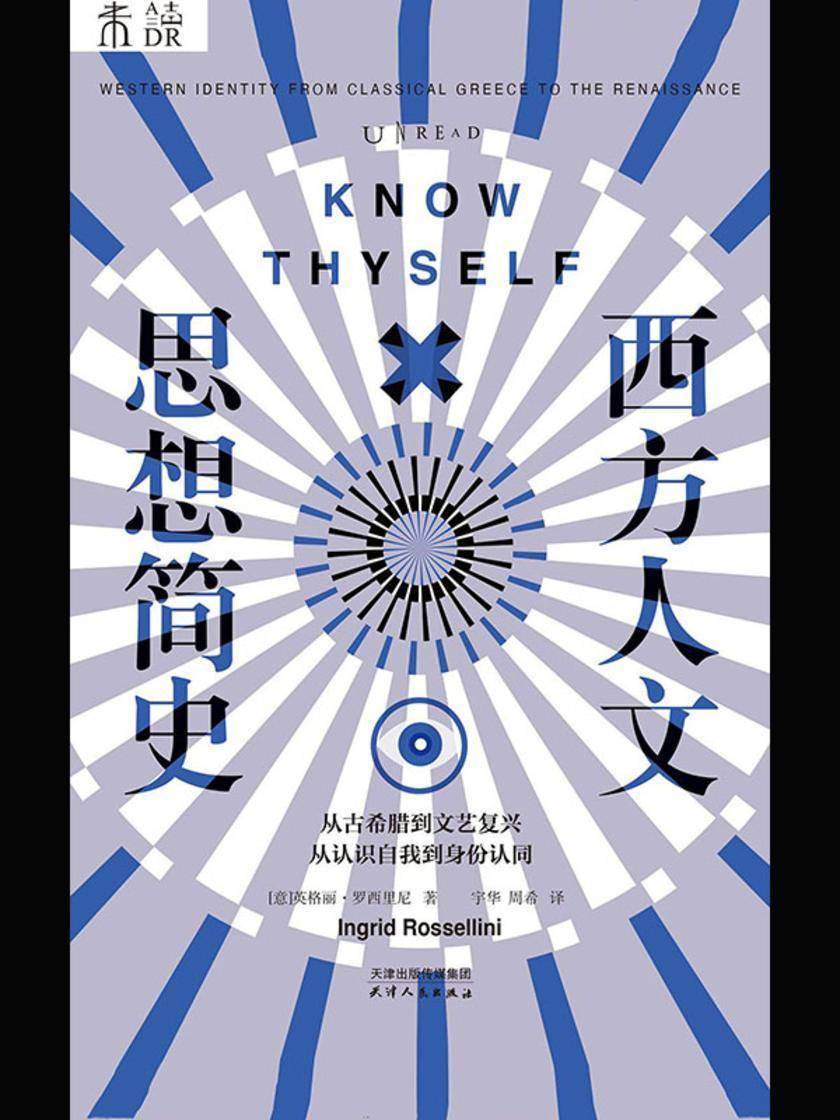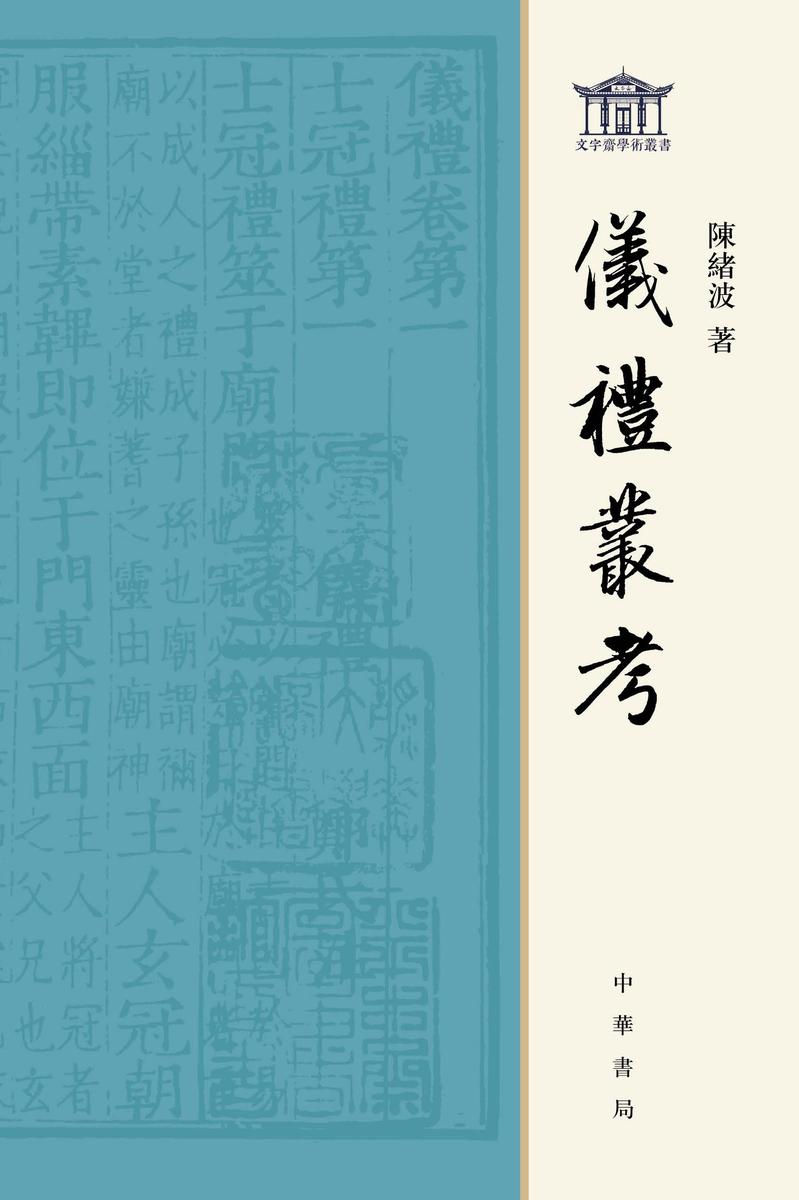

国家哲学社会科学成果文库概要2024
¥64.80
为充分发挥哲学社会科学优秀成果和优秀人才的示范引领作用,促我国哲学社会科学繁荣发展,自2010年始设立《国家哲学社会科学成果文库》。全国哲学社会科学工作办公室同时编辑出版《国家哲学社会科学成果文库概要》,由选成果作者撰写,重介绍选成果内容。本书为选2024年《国家哲学社会科学成果文库》的所有学术成果的概要介绍,主要包括研究的目的、意义及所使用的研究方法,成果的主要内容和重要观,成果的学术创新和应用价值等。


协举方法论
¥31.15
本书是对方法论理论探索的新尝试。本书结合当下时代背景,以古往今来中西哲学、科学、社会学中的和谐思想为基础,从方法论的高度提供实现和谐与协调的方法指导一协举方法论。 协举方法论的提出具有多层次、多领域的重要意义:揭示辩证方法论中的和谐原则,用从"二"把握互补、从“三”辩证矛盾的思维来全面构建立体的方法论,补充、深化了唯物辩证法;破以往“二分法”、、两极对立” 的思维定势,探索多元共存、多策并举、多方赢远的创新策略;力求把协举方法论应用于化解社会问题、社会矛盾,为当代人的发展实践提供科学的指导。


西方人文思想简史
¥70.80
为什么古希腊人崇尚裸体雕塑? 中世纪人为何相信炼狱存在? 文艺复兴如何塑造今天的我们? 神话、哲学、城邦、共和、帝制、理性与信仰…… 一部以“自我认知”为主线的人文通史,串联起西方文明演的关键脉络。 梳理西方人精神演变的历程 理清古希腊、罗马帝国、中世纪和文艺复兴时期,西方世界曾相信、思考和感受过什么。 助你一次看清西方2000余年的理性与激情 社会变迁、思潮流变、理性、愚昧、谦卑、野心,看人类认识自我的原动力是如何凝结成无数精美的建筑、绘画、文学和政体的。


半小时就能读完的中国哲学史
¥19.99
想用*短的时间,穿越中国三千年来的思想迷宫吗?本书是一部专为现代读者打造的、通俗易懂的中国哲学史入门指南。全书以清晰的脉络,从孔子的仁、老庄的道出发,走过百家争鸣的璀璨星空,见证佛学东来的深刻激荡,再到宋明理学的精微思辨与现代新儒家的艰难求索。书中没有晦涩的术语,只有生动的故事与核心思想的精炼解读。旨在帮助您轻松掌握中华智慧的源流与脉络,开启一场与伟大思想家对话的深度旅行。

仪礼丛考【试读本】
免费
《仪礼》古称《礼经》,为儒家“五经”之一,记载了中国先秦时期的冠昏、丧祭、乡射、朝聘等礼典仪式,被后世誉为礼书之祖,于“三礼”中素称难读。 《仪礼丛考》一书分为四章:宫室研究、仪节研究、礼例研究、礼义研究。宫室研究部分通过与三代宫室结构的对比,揭示《仪礼》宫室结构存在的独特性。仪节研究部分以带面,借助对 “席”、“左还”、“右还”、“门闑”等具体仪节的考察,客观再现古礼实操的情况。礼例研究基于对礼经中“布席例”的考辨,系统解构空间方位与人神尊卑之间的联系。礼义部分透过《仪礼》中的成人、婚姻、死亡、祭祀等观念,发掘礼制背后更深层次的社会意义。 全书考证精审,括例贯通,并辅以数十幅图示,使三代建筑规制、揖让周旋之礼跃然纸上,兼具学术深度与实用价值。

黄榦集--理学丛书【试读本】
免费
《黄榦集》是对南宋著名理学家、朱熹女婿兼弟子黄榦著作的汇编点校,包括《文集》四十卷、《语录》二卷、《年谱》一卷、《附集》一卷,以及佚文和附录,涵盖诗歌、书信、题跋、婚书、祝文、奏文、讲义、经说、策问、公劄、公状、行状、志铭、祭文、杂著、判语等众多类型的作品。 本次整理,《文集》、《语录》、《年谱》、《附集》以元延祐二年重修本《勉斋先生黄文肃公文集》为底本,以傅增湘校本、《四库全书》本、《全宋文》等为参校本。佚文辑录汇总了历代文献所引用的但不见于黄榦文集的黄榦著作,附录则汇编了后人提及黄榦的一些重要材料和朝鲜王朝时期部分学者对黄榦思想的学术性讨论等,极为珍贵。本书是一部有关黄榦文集的*、深度的整理著作。




 购物车
购物车 个人中心
个人中心



